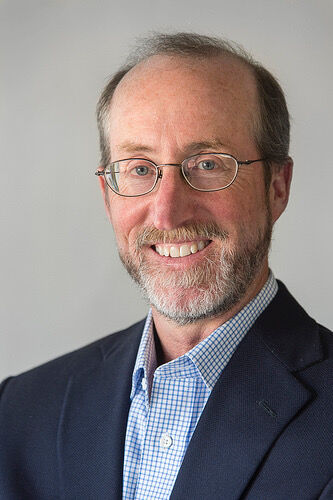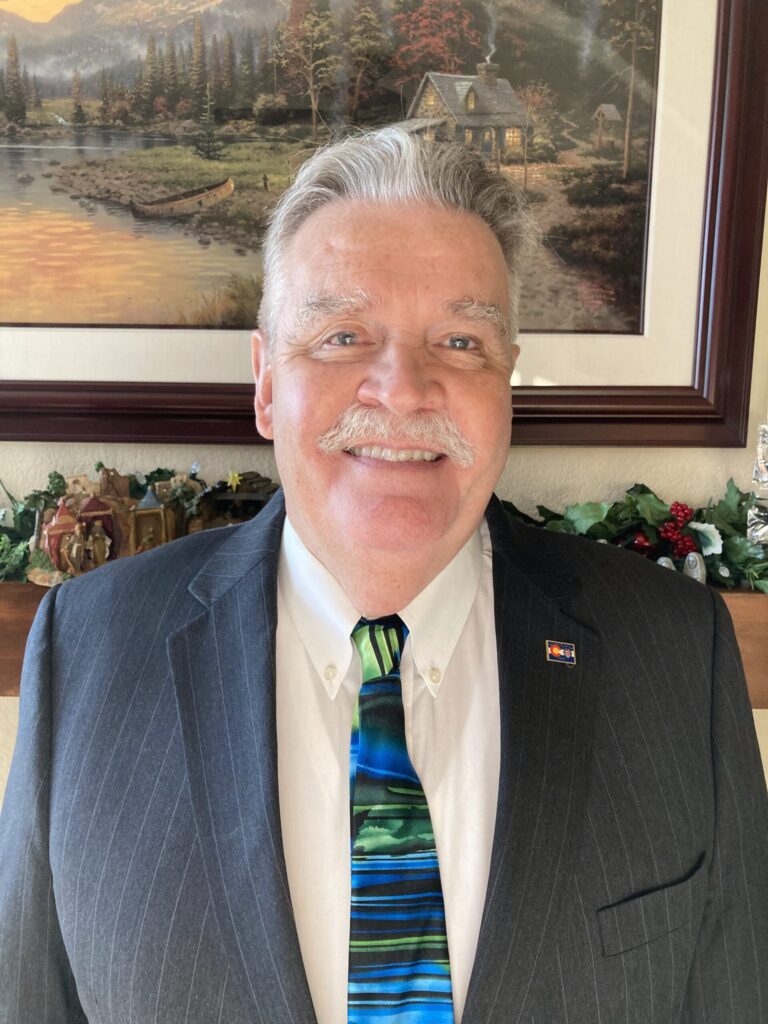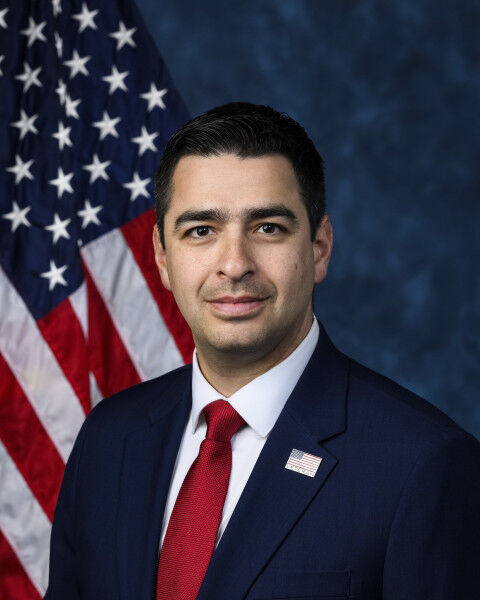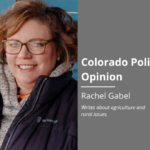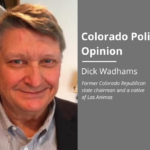After slow start, time to deliver on Polis’s transit vision | HUDSON
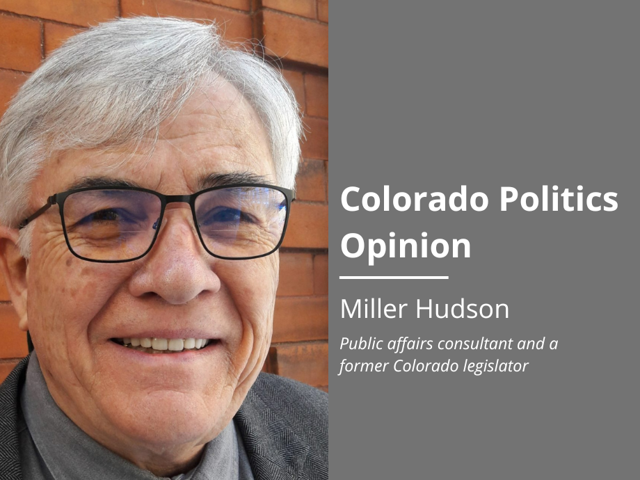

Listening to opening day remarks delivered by party leaders at the start of the second regular session of Colorado’s General Assembly last week, I couldn’t help but be struck by how much difference a year made. Perhaps the enthusiasm of arriving at the Capitol directly from elections in 2023 energized legislators now chastened after a brutal session and epic failures on finding bipartisan solutions to the two major challenges they fumbled last year. All four leaders highlighted the necessity of capping property tax increases last January only to fall silent until the closing days of the regular session when Proposition HH emerged in a rancorous, partisan finger-pointing that doomed its fate at the ballot box in November. Similarly, an attempt to stimulate housing starts for more affordable units collapsed late during the session beneath resistance to statewide edicts imposed on local governments.
Most muted of all was Gov. Jared Polis’s State of the State address. Usually an aggressive enthusiast for Colorado, the rheostat on his energy level seemed reduced to its lowest possible setting. He nearly sleepwalked through his remarks, even when touting the state’s economic vibrancy. While acknowledging the challenge of expanding housing alternatives, Polis offered the strange comparison, “There is a real sense of hopelessness and despair in our state around housing that’s on par, in many ways, with how people feel about the divisiveness of our national politics.” This is a perspective which seems unique to the governor. As House Speaker Julie McCluskie noted, “Since we adjourned last May, more than $118 million from legislation we passed is building or preserving 2,900 affordable housing units.” She appeared optimistic more could be done, including statewide approval of Auxiliary Dwelling Units (ADUs) and multi-family zoning linked to transit-oriented development.
The governor did take the opportunity to mention the property tax increases facing Colorado homeowners were triggered by the repeal of the Gallagher Amendment, which had been protecting residential properties from the impact of rising home values by shifting their tax burden onto commercial properties. Originally, the Gallagher Amendment was intended to indirectly aid renters by freezing the balance between commercial and residential properties. Freezing the formula in the state constitution was premised on the notion that this division would remain constant. Of course, 40 years later the drift in residential property values left the assignment of burden wildly unreasonable. Commercial interests contributed $5 million to persuade voters to approve a Gallagher repeal that had been rejected by more than 60% of voters at the turn of the century. Their promised support for HH failed to materialize.
Stay up to speed: Sign up for daily opinion in your inbox Monday-Friday
Among the legislative leadership, their shared concern is with the growing incivility and ugly personal attacks roiling both chambers. While cross-party conflict is a part of the problem, both caucuses have discovered intramural squabbling is a growing challenge. With an election year ahead and a nearly certain national campaign ripe with vituperation, maintaining civility may prove beyond the grasp of Colorado’s leaders. Now that congressional Republicans are toying with shutting down the federal government, we are seeing state legislators willing to delay or obstruct legislative proceedings. A lawsuit is proceeding through Colorado courts regarding the legitimacy of recent demands for the “reading at length” of bills as a means of slowing down the legislative process. This “slow walking” of debate is not quite insurrection, but the General Assembly still might profit from considering a change of its rules providing for the threat of expulsion for instances of deliberate disruption.
As the governor begins to see the end of his eight years in office, he is emphasizing Colorado’s chance to grab some of the $66 billion already approved by Congress to expand rail service throughout the country. “With existing tracks, now utilized mostly for commercial rail, we have a unique opportunity to extend daily passenger rail service through the Rocky Mountains,” Polis explained to legislators. Because of TABOR, however, the funding of the state’s costs for Front Range rail will need to be submitted to voters from Fort Collins to Pueblo for approval. This will be far from a slam dunk. Our governor remains a Boulder resident and goes on to say, “Together we must deliver on the unfulfilled FASTracks promise of train service from Union Station to Boulder.” Truth be told, this may be the only way Boulder will acquire the rail they’ve been paying for at RTD.
It is rumored the legislature’s RTD Accountability Committee, which has been meeting during the 2023 interim, is considering removing the elected governing board in favor of appointees who would be more compliant and responsive to legislative wishes. This would be a huge mistake. In 1980, more than 70% of voters replaced a corrupt appointed board – that had twice failed to win transit funding proposals – with an elected board. Without the elected board, it is doubtful the metro region would have ever built the first mile of light rail. RTD has had a bumpy few years during the pandemic, to be sure, but is now participating with the Front Range Rail Commission to deliver on the governor’s transit vision. In an increasingly crowded state, a rail alternative would be a source for considerable enthusiasm. We should wish him luck.
Miller Hudson is a public affairs consultant and a former Colorado legislator.



